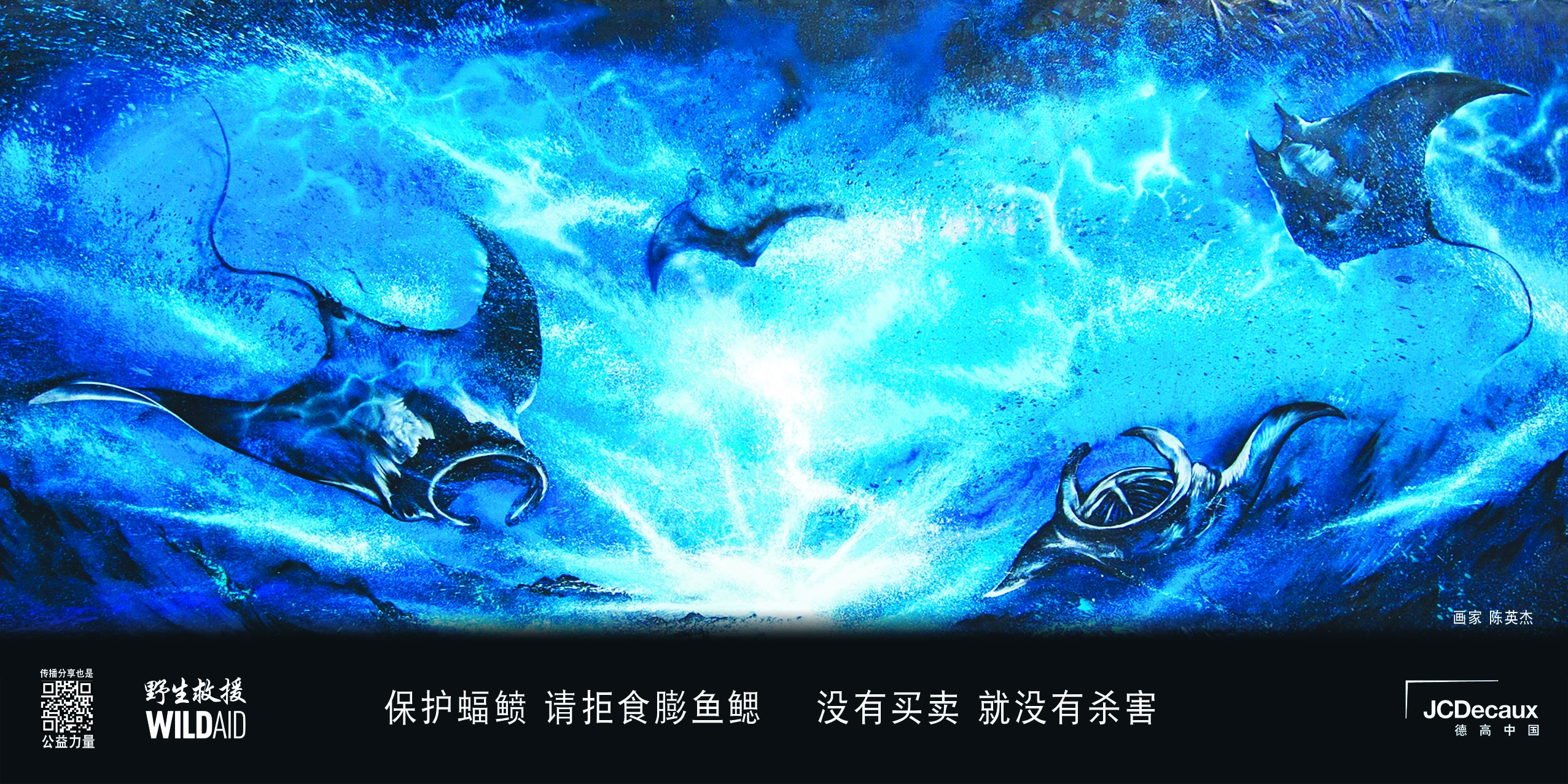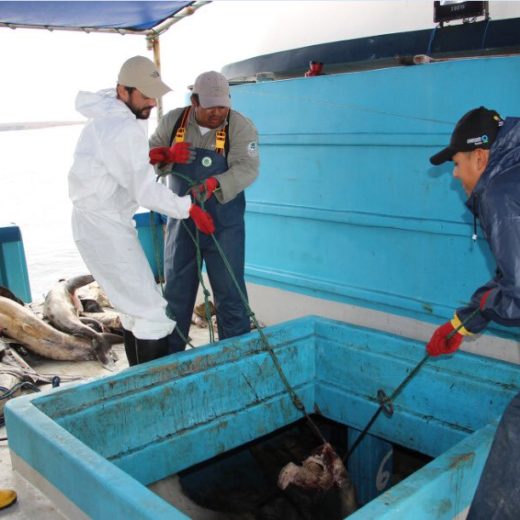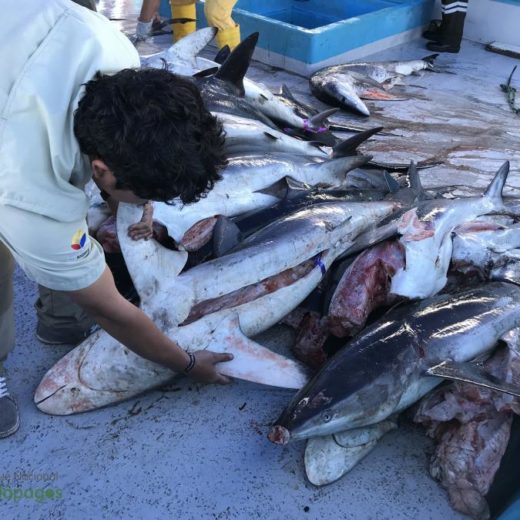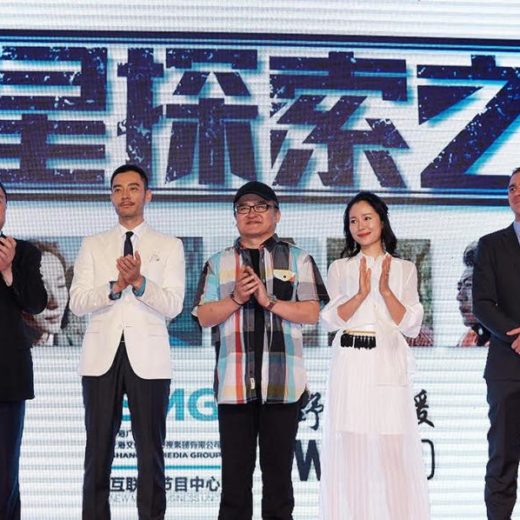
Recently, WildAid invited a young Chinese artist to create a manta ray mural as part of our campaign for manta rays, which are being overfished for their gill rakers. Manta gill rakers are not part of Traditional Chinese Medicine, but are used in the preparation of a soup-like “health tonic” known as peng yu sai that contains toxic pollutants and carcinogens.


As you can see in the time-lapsed video above, Chen Yingjie, a prominent local street artist committed to wildlife conservation, painted “Blue Dream” in the weeks leading up to China’s National Aquatic Wildlife Protection Awareness Month.
Last month, WildAid’s Chief China Representative, May Mei, unveiled the mural at an event in Guangzhou, one of China’s largest cities, alongside prominent fisheries and agriculture officials, such as Director General of Fishery Monitoring Department of Agriculture Ministry Li Yanliang, Deputy Director of Guangdong Provincial Bureau of Marine and Fisheries Li Zhiquan, and Director of Resource and Environment Department of Fishery Zhao Yimin.
Measuring about 40 ft. x 14 ft, the mural will be displayed in various Guangzhou locations over the next year, including shopping mall squares and art zones. The mural will be further represented as 42 billboards throughout the Guangzhou subway system, with the message “Protect mantas: Say no to peng yu sai.”
This video went viral on Meipai, a popular Chinese social media app, receiving 276,000 views and 4,608 likes in the first 48 hours after its release. Posts about the event attracted a further 135,000 readers on China’s WeChat and Sina Weibo platforms.
Stay in touch and get the latest WildAid updates.
SIGN UPAbout WildAid
WildAid is a non-profit organization with a mission to protect wildlife from illegal trade and other imminent threats. While most wildlife conservation groups focus on protecting animals from poaching, WildAid primarily works to reduce global consumption of wildlife products such as elephant ivory, rhino horn and shark fin soup. With an unrivaled portfolio of celebrity ambassadors and a global network of media partners, WildAid leverages more than $308 million in annual pro-bono media support with a simple message: When the Buying Stops, the Killing Can Too.
Journalists on deadline may email communications@wildaid.org


